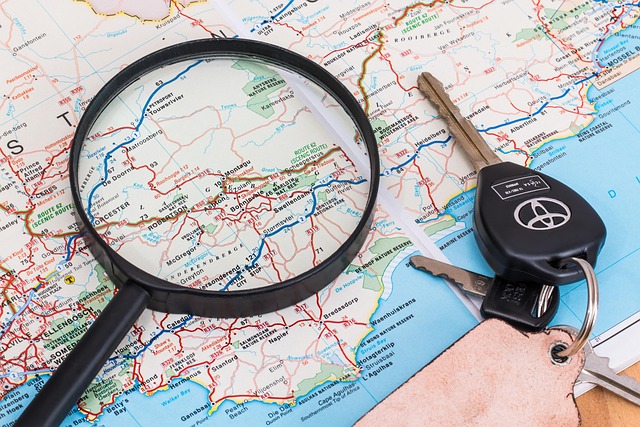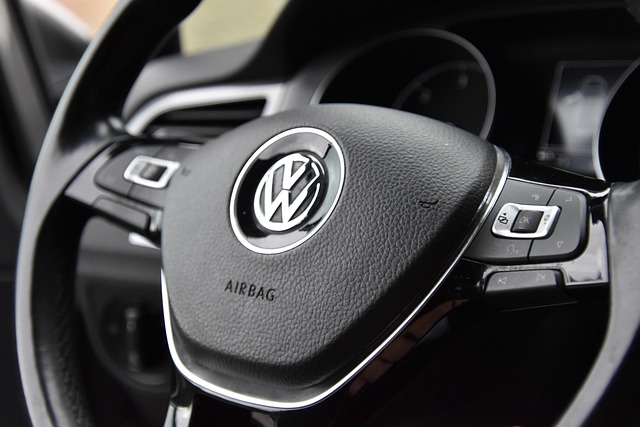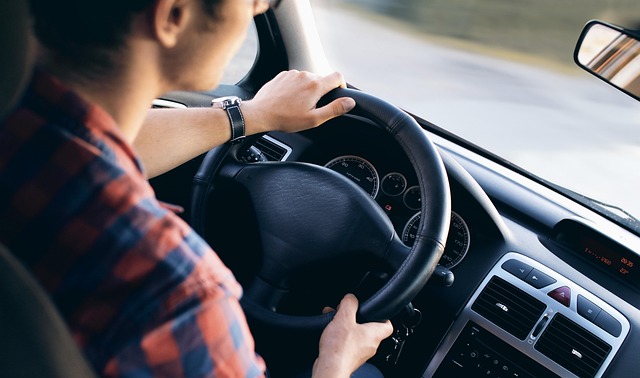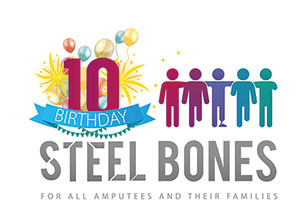Driving – FAQ’S
Do I need to tell the DVLA that I've had an Amputation?
Yes. It’s a legal requirement to inform the DVLA if you’ve had a limb amputated. They will assess your medical fitness to drive and may update the conditions on your driving licence. If you do not declare your amputation, you could be fined £1000.
What is the Motability Scheme and am I eligible?
The Motability Scheme allows you to lease a car, scooter, or powered wheelchair using your mobility benefit. You may be eligible if you receive one of the following:
- Enhanced rate of the mobility component of PIP
- Higher rate mobility component of DLA
- Armed Forces Independence Payment (AFIP)
For more information, click here
Can I drive a manual car or do I need an automatic?
This depends on your mobility and the type of amputation. Many amputees find automatic cars easier to manage. A driving lesson or assessment will help you decide which is best.
Should I take a driving lesson in an adapted vehicle?
Yes — it’s highly advisable, especially if you’re driving with new adaptations or for the first time since your amputation. Specialist instructors can help you build confidence and ensure you’re safe on the road and support you through a practical assessment if necessary.
Look for instructors or centres with experience teaching disabled drivers, many of which are listed here
Alternatively, ask your local Driving Mobility Centre for their recommendations.
Can I still after an Amputation?
Yes, many amputees can continue to drive safely. Your ability to drive depends on the type of amputation and whether any adaptations are needed. You will need to inform the DVLA and may need to undergo a driving assessment.
What car adaptations are available for amputees?
There are many options depending on your needs, including:
- Hand controls for acceleration and braking
- Left-foot accelerators
- Steering aids or remote controls
- Automatic transmission
The right adaptations are based on your physical ability, comfort and any other health conditions. Your assessment will guide this.
How do I get assessed for driving after an Amputation?
You can contact your local Driving Mobility centre for a driving assessment. They’ll assess your needs and recommend any vehicle adaptations. These assessments are carried out by qualified professionals and are designed to get you back on the road, they are not aiming to stop you from driving.
How do I get assessed for driving after an Amputation?
You can contact your local Driving Mobility centre for a driving assessment. They’ll assess your needs and recommend any vehicle adaptations. These assessments are carried out by qualified professionals and are designed to get you back on the road, they are not aiming to stop you from driving.


What financial help is available for buying or adapting a car?
- Motability Grants: Help with car adaptations or advance payments.
- Access to Work: May cover transport costs if you’re working or starting a job.
- Charities and Trusts: Steel Bones can help signpost you to other support.
Contact us for guidance here
Can I buy a car without paying VAT?
Yes, if you’re disabled and the vehicle is for your personal use, you may be eligible to buy or lease a car without paying VAT. Most lower limb amputees fall under the category of wheelchair users.
You must meet certain criteria, such as:
- The car is permanently and substantially adapted for your use
- It is used primarily for personal and domestic purposes
Can I get a Blue Badge for parking?
Yes, many amputees are eligible for a Blue Badge, which allows you to park closer to your destination. You can apply through your local council or online.
Eligibility may include:
- Receiving higher/enhanced rate mobility benefits
- Difficulty walking distances
- Severe disability affecting mobility
You may need to provide evidence or attend an assessment.
Do I need to take another driving test?
No, you will not have to take a Pass/Fail driving test. However, you may need a practical assessment to make sure you’re safe to drive with or without adaptations.
Can I get a reduced Vehicle Excise Duty (Road Tax) as an amputee?
You may be eligible for reduced or free Vehicle Excise Duty (VED) if you receive certain disability benefits, such as the higher/enhanced rate mobility component of DLA, PIP, CDP, or ADP. Being an amputee alone doesn’t automatically qualify you — it depends on the benefits you receive.
If you’re eligible, you can apply for:
- Free VED – if you’re using a vehicle for your personal use and receiving qualifying benefits.
- 50% reduction – if you receive the standard rate mobility component of PIP.
You must apply through the DVLA and provide evidence of your benefit entitlement.
How do I insure a car with adaptions?
Most insurance providers will cover adapted vehicles, but it’s important to declare any adaptations fitted to your car (do not call them modifications) and medical conditions, such as your amputation.
Learner Drivers with an Amputation

Can I learn to drive if I have an amputation?
Yes. Many learner drivers with an amputation successfully pass their test using the appropriate adaptations. The learning process is very similar to that of a non-disabled driver.
Do I need to tell the DVLA about my amputation?
Yes. When applying for your provisional licence, you must declare your amputation. The DVLA may add a code (e.g., 114 – adaptations required) to your licence. If they request more information, send them a copy of your Driving Mobility assessment.
How do I find a suitable driving instructor?
Start looking early. Many instructors who specialise in disability driving have long waiting lists. You may need to travel, as specialist coverage isn’t available in all areas.
Can I practice with a supervising driver?
Yes. If you’re practising with a supervising driver, it’s a good idea for them to attend one of your lessons (once you’re ready). This helps them understand how you’re using the adapted controls.
What documents do I need to keep up to date?
- Your driving licence (with updated medical info if needed)
- MOT and insurance
- Blue Badge (if applicable)
Do I need an assessment before applying for a licence?
Yes. It’s strongly recommended to have an adaptation assessment at a Driving Mobility Centre before applying. This identifies the best vehicle adaptations for you and can help speed up the application process.
What if my amputation happens after I’ve started learning?
You must inform the DVLA as soon as possible, just like a full licence holder would.
Can I learn to drive at 16?
Yes—if you receive the higher/enhanced rate mobility component of DLA, PIP, CDP, or ADP (in Scotland), you can start learning at age 16. Details can be found here
Do I need to tell the examiner about my adaptations when booking the driving test?
Yes. When booking your practical test, declare your disability. This gives the examiner time to understand your vehicle’s controls and complete any required paperwork.
Additional Tips
- Always notify your insurer and DVLA about changes in medical status or vehicle modifications.
- Adapted driving lessons can boost your confidence.
- Join a support group. Talking to other people who have adapted driving can be really helpful.
Telephone
03333 606930
Address
Isleham Business Park, Hall Barn Road, Isleham
Cambs CB7 5QZ
hello@steelbone.co.uk
Register here to receive your
FREE Support Pack
If you need some urgent help or support,
please ring the team on 03333 606930
